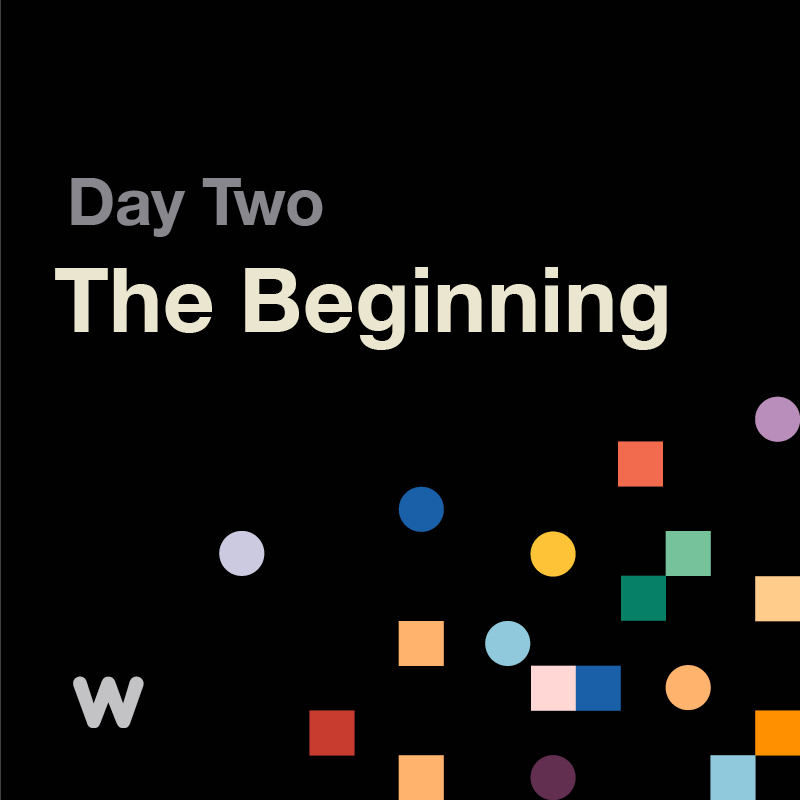Genesis 1-2: Verse by Verse With Bible Study Fellowshipනියැදිය


Introducing Genesis
Writer – Genesis is the first book of the Pentateuch, the Jewish law. The Pentateuch includes Genesis, Exodus, Leviticus, Numbers and Deuteronomy. Just as all Scripture is God-breathed, God inspired Moses to write these first five books of the Bible.1
Audience and Purpose – Moses’ original audience was the Hebrew people whom God redeemed from slavery in Egypt for freedom in the Promised Land. One of Moses’ original purposes for writing was to show this newly redeemed people who they were and to whom they belonged.2 This purpose applies to all who hear these words since that day.
God’s Revelation
As we embark on the Bible’s creation account, we need to know our best approach. Our first instinct might be to approach creation with more questions – “How?” “Why?” “Where?” or “When?” The Bible does not primarily speak into these intriguing questions. Rather, the Bible speaks to questions of “Who?” and “So what?” Who is responsible for the world? And why does it matter?
Genesis opens with a burst of symphonic grandeur. As artwork reveals artists’ attributes, creation reveals our Creator God. God’s immense, intricate creation broadcasts His glory. The created world offers indisputable evidence that God exists and can be known. Paul speaks of God’s general revelation in Romans 1:20, “For since the creation of the world God’s invisible qualities – his eternal power and divine nature – have been clearly seen, being understood from what has been made, so that people are without excuse.”
God’s purposeful design indicates wisdom and intelligence far beyond the limits of human minds. Creation displays beauty humans cannot replicate – brilliant colors, majestic mountains, vast oceans, quiet streams and colorful sunsets. Creation exists with order that requires a masterful architect – days, seasons, DNA and the realm of our universe. As created beings, we recognize the Creator through creation. This rightly leads us to humble ourselves before our great God.
Creator God
Genesis 1:1 lays the foundation for the remainder of the Bible. This verse inspires awe in all who will hear, “In the beginning God created the heavens and the earth.” God’s eternal existence and power is announced in the Bible’s opening words.
Why does this matter? It matters because, since God made everything, including you and me, we are:
- responsible to know and worship Him, the one triune God.
- accountable to our Creator to respond to the grace He gives, as we live for our appointed time in this world.
In Genesis 1:1, the word “created” derives from the Hebrew word bara. This verb is used three times in Genesis 1 (1:1, 1:21, 1:27). Bara refers to “creating something from nothing,” or “reforming existing materials.” Either way, bara always signifies God’s divine creation of something new.
The Latin phrase ex nihilo, meaning “out of nothing,” is often attributed to God’s act of creation. The whole Bible confirms the concept of God creating out of nothing. For example, John 1:3 affirms, “Through Him all things were made; without Him nothing was made that has been made.” Psalm 33:9 declares, “For he spoke, and it came to be; he commanded, and it stood firm.”
Genesis 1:2 commonly causes confusion. How long did the Spirit of God hover over a formless, empty, dark abyss? We do not know. One theory says Genesis 1:1 summarizes God’s creation, then His act of creation begins in Genesis 1:2. Other theories suggest long periods or events occurred between Genesis 1:1 and 1:2.
Humility Required
Because no human being was present when God created the world, we should approach theories and questions about creation with honesty, humility and grace. Humility helps us focus on creation’s subject – our personal and powerful God. Faithful believers who accept the Bible’s authority sometimes disagree about unclear details and timelines of creation. Conversations with others, both believers and unbelievers, help us understand new facets of God’s power and creativity.
Questions
- How would you summarize who God is from what He does in these first two verses?
Insights: God is the subject of creation and the Maker who created. God creates everything from nothing (creation ex nihilo). There is God (v.1) Elohim (plural noun) and the Spirit of God (v.2) – God’s persons. The Spirit of God hovered over to care for creation. God existed and acted to begin creation.
- What most intrigues you in these verses?
- Which of your questions do these verses answer, and what do you hope to discover in our study (Genesis 1-2)?
Related Verses
- Moses’ authorship: Luke 24:44
- Belong to God: Exodus 3:13-15
ලියවිල්ල
මෙම සැලැස්ම පිළිබඳ තොරතුරු

What do you wonder about God, yourself and everything else that fills our world? Genesis declares the whole story: the God who graciously creates splendor is also the God who lovingly redeems His creation from sin, giving us hope for our lives and the world. Spend 10 days exploring God’s intended bliss; first created, and now revealed, to call all people to live under His love, authority and blessing.
More
අදාළ/සමාන සැලසුම්

Thessalonians 1-2: Verse by Verse With Bible Study Fellowship

Why Doesn't God Do Something?

Wait on It

Regroup - a Process of Healing for Pain, Grief, and Addiction

Until Unity

Resurrection

God Victorious - a 3-Day Devotional With Andrea Olson

Good News...for All People!

Trust in the Trials
